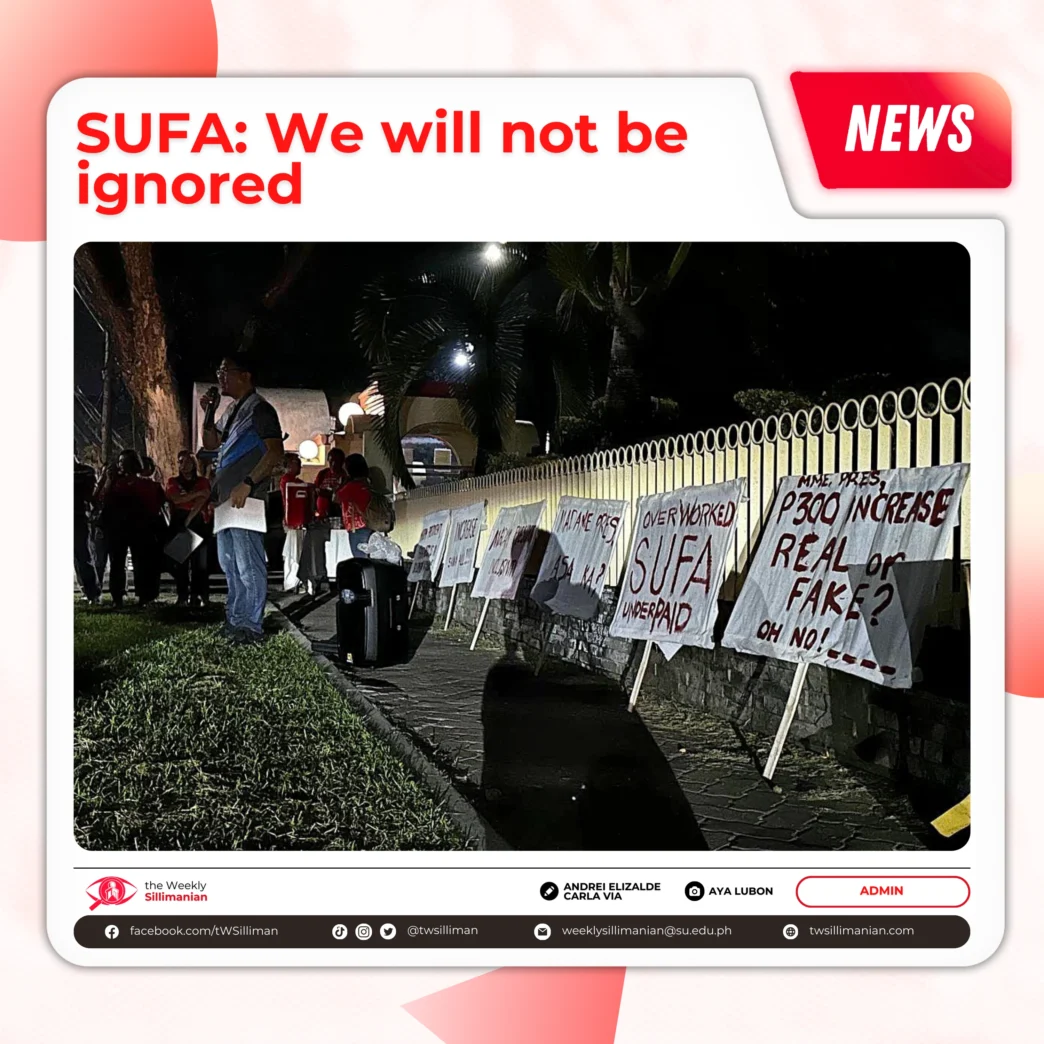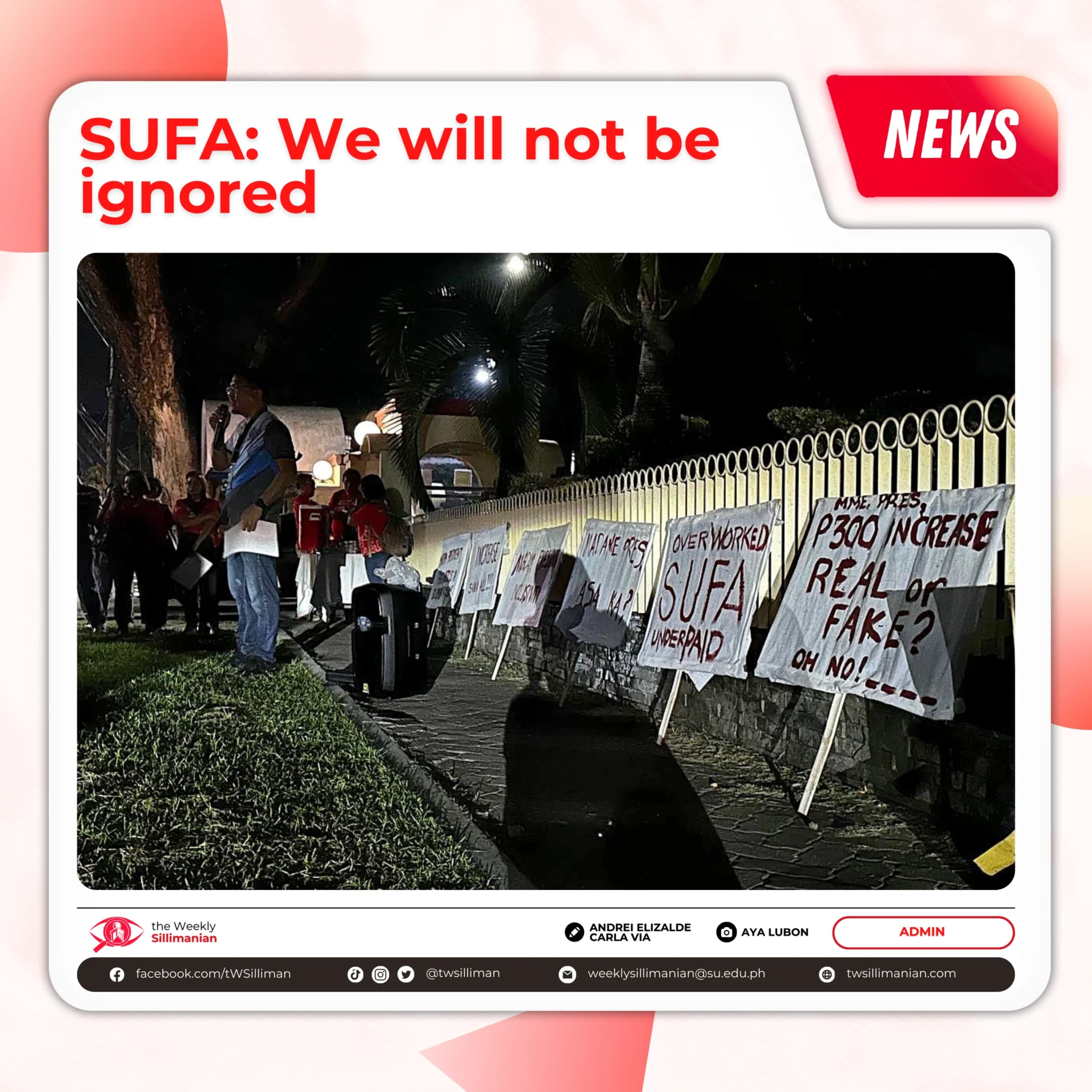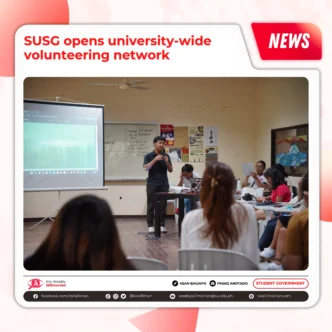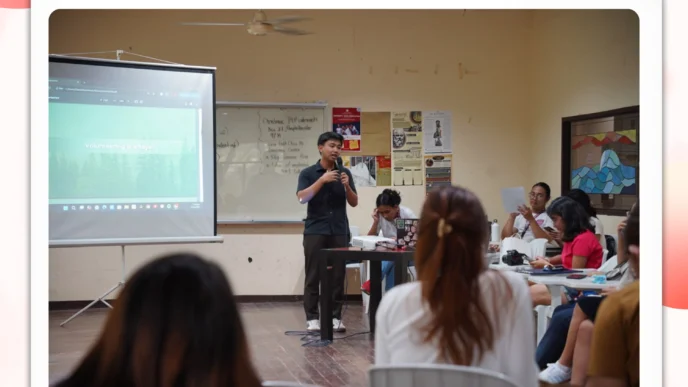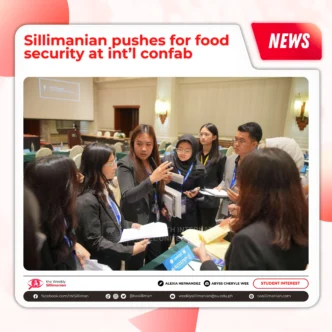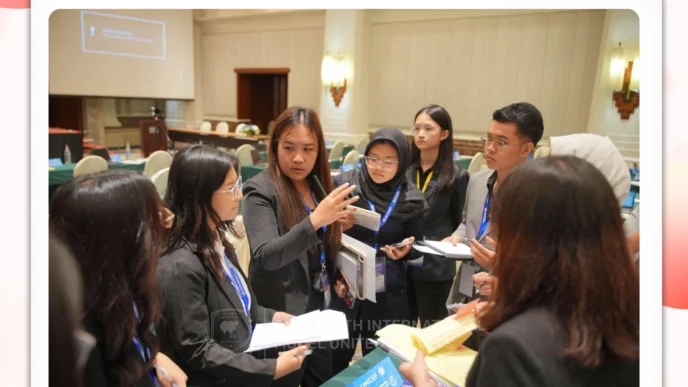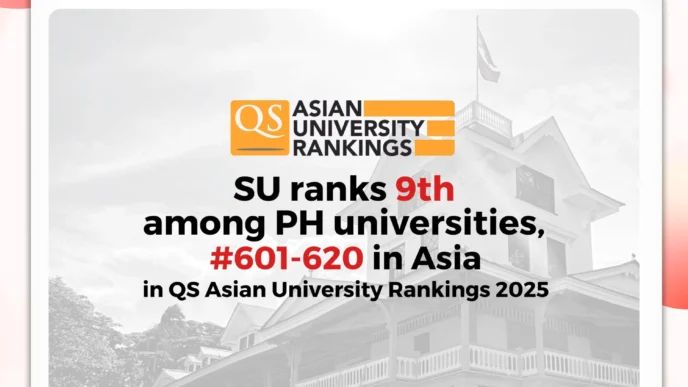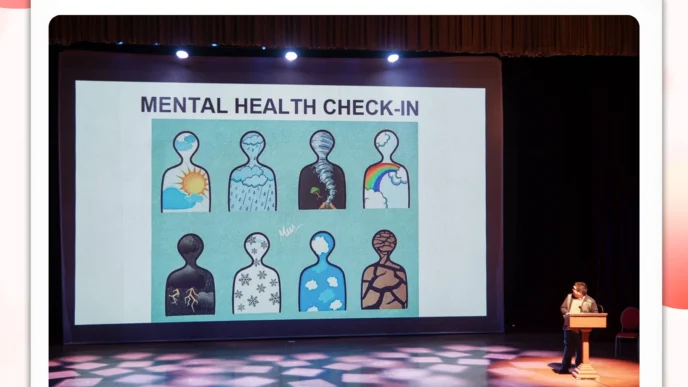By Jan Andrei Elizalde and Carla Adelina Via
In solidarity with the Silliman University Faculty Association’s (SUFA) demand for a salary increase, academic personnel and supporters wore black armbands and gathered for a “kapehan.”
Presently, both parties are at a “deadlock” in the collective bargaining agreement (CBA) negotiations.
According to SUFA President Jonathan Mark Te, while the union hoped to settle the issue, the Administration Panel rejected their request for a meeting to further negotiations.
“From the point of [view of] the union, we said that we will update the status of the deadlock depending on the outcome of the meeting. [But the] administration did not agree to meet because we did not lift the deadlock. That is most unfortunate because we still want to somehow settle and hope […] that [the] administration will change their position,” he said.
A deadlock is issued if neither party in a negotiation agrees with a proposal or counter-proposal.
As a response to this, faculty members across SU joined SUFA’s initiative by wearing black bands on campus since Nov. 11. The black bands were symbols of their “mourning” amid the CBA negotiations.
“We are disheartened by their callousness to heed the call of reason and the value of justice. We wear our black bands because we are angry that [the] SU Administration Panel resorted to the way of imposition rather than level-headed negotiation,” SUFA wrote on Facebook.
On Nov. 15, SUFA called for a Kapehan at the east quadrangle, where they discussed the university’s finances and the administration’s alleged failure to fairly share resources
The kapehan is a solidarity gathering for faculty members, where they discuss grievances and rally for collective action.
In a printed document handed to the participants, “May Pera – Fair Sharing!,” SUFA wrote: “We will continue to fight for the fair compensation and retirement security we deserve—and we will not stop until our voices are heard and respected.”
Te also raised that the administrators are negotiating in “bad faith.”
“The administration was in a hardline position, insisting to only negotiate within the 70% tuition fee incremental proceeds (TFIP),” he noted.
By the amendment on the Commission on Higher Education Memorandum Order No. 03, s. 2012, 70% of the TFIP is used for the benefit of teaching and non-teaching personnel and other staff, except those who are principal stockholders of a higher education institution.
“Hence, the SUFA assumed that the university must have used funds outside of the 70% TFIP and insisted for the proceeds beyond the university’s parameters to be included in the negotiation process,” Te added.
This report is part of a developing story on SUFA’s ongoing negotiations with the administration.

